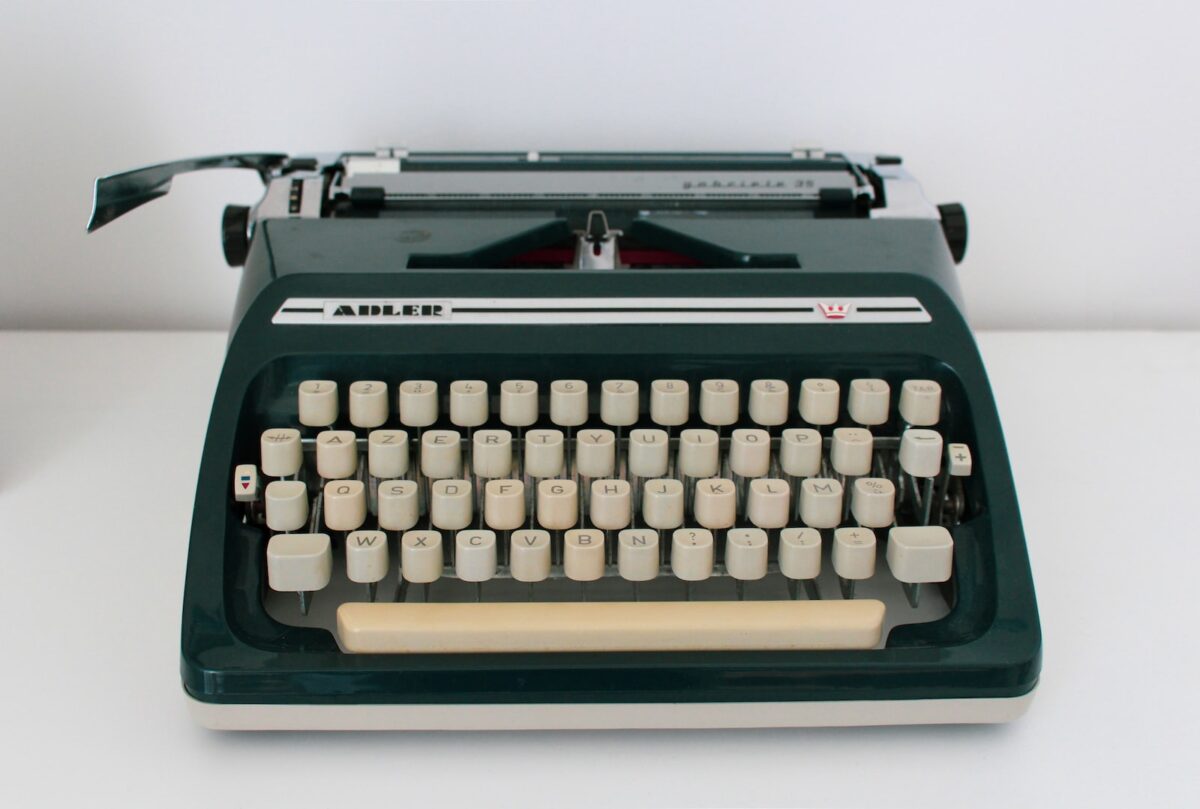
Most of My Values Came From a Poem
I don’t remember when I first read the poem. It’s been part of my life ever since I did and I know I read it before I was a teenager.
As an empathic child growing up in the 60s I was horrified by man’s inhumanity to man. I was rooting for the minorities that were fighting for equality. I’ve realized now my father was a feminist. He was always rooting for the underdog and that influenced me.
For as long as I can remember I wanted to understand what was right and wrong. My family is a highly ethical, open-minded, unconventional thinking group, however, didn’t put it all into words that I could easily reference while processing the culture change happening at the time.
The poem is “If” by Rudyard Kipling. If you work through it, it’s describing behaviors and emotional reactions to life that require a person to own their own identity and happiness. To treat others and ourselves as equals. To make the best of our lives with minimal regret as well as never give up.
That poem has given me a foundation that when I live it, gives me the confident strength to build healthy relationships with others based on loving myself and knowing that I’m living an honorable life.
The one area of my moral values that are missing from that poem is knowing that all human beings are born equal. I’m a feminist like my father. My mother, one grandmother, and one aunt were key figures in my life. I would never accept them being lesser to any man.
I see different skin colors as different hair colors. They have nothing to do with character, honor, or being a decent human being. Therefore, we are all part of the same human race which means we should all have the same rights and freedoms.
I respect and recognize that gender is not as simple as the DNA that makes us fertile males or females. That we can live and identify our sexuality in any way we choose as is our right and freedom.
The poem was written at a time when there was still a class system in England. When we didn’t embrace the diversity of the human race as we do today. I’ve thought about editing the poem to expand and cover that important aspect of being a human being.
I have edited the poem, for now, to be gender-neutral and will end the article with my edits.
If you can keep your head when all about you
Are losing theirs and blaming it on you,
If you can trust yourself when all others doubt you,
But make allowance for their doubting too;
If you can wait and not be tired by waiting,
Or being lied about, don’t deal in lies,
Or being hated, don’t give way to hating,
And yet don’t look too good, nor talk too wise:
If you can dream — and not make dreams your master;
If you can think — and not make thoughts your aim;
If you can meet with Triumph and Disaster
And treat those two impostors just the same;
If you can bear to hear the truth you’ve spoken
Twisted by knaves to make a trap for fools,
Or watch the things you gave your life to, broken,
And stoop and build ’em up with worn-out tools:
If you can make one heap of all your winnings
And risk it on one turn of pitch-and-toss,
And lose, and start again at your beginnings
And never breathe a word about your loss;
If you can force your heart and nerve and sinew
To serve your turn long after they are gone,
And so hold on when there is nothing in you
Except for the Will which says to them: ‘Hold on!’
If you can talk with crowds and keep your virtue,
Or walk with the famous — nor lose the common touch,
If neither foes nor loving friends can hurt you,
If all others count with you, but none too much;
If you can fill the unforgiving minute
With sixty seconds’ worth of distance run,
Yours is the Earth and everything that’s in it,
And — which is more — you’ll be a fully-fledged adult, my friend!


